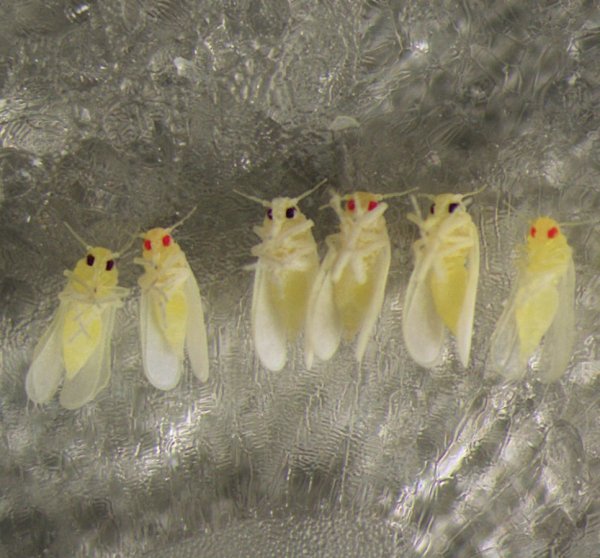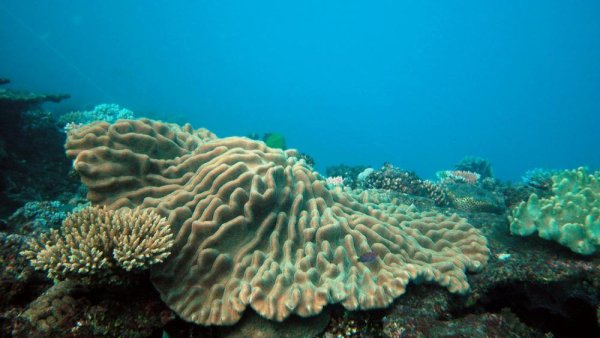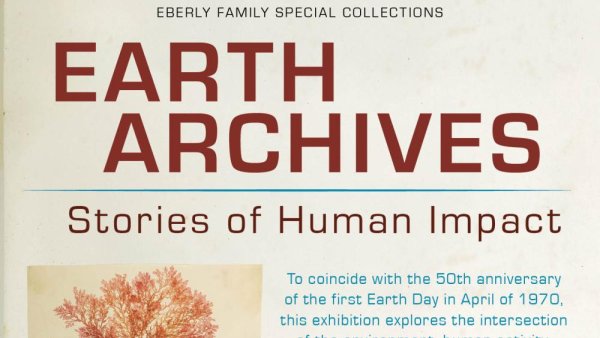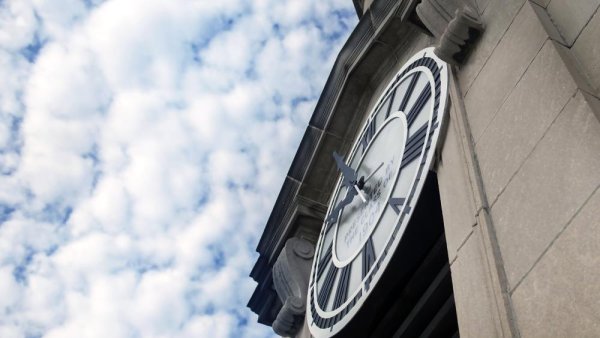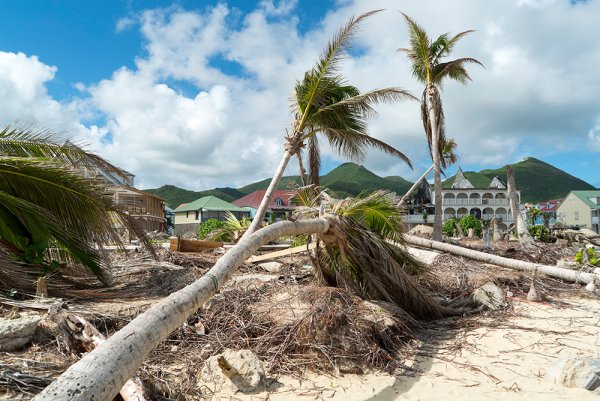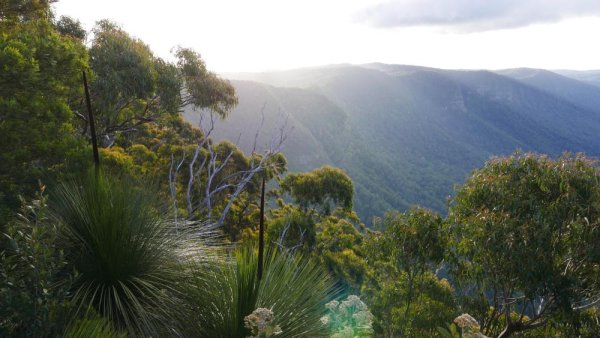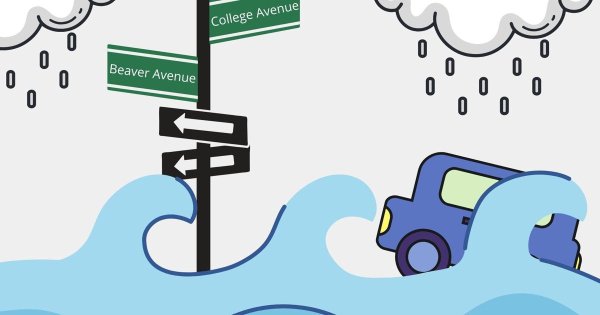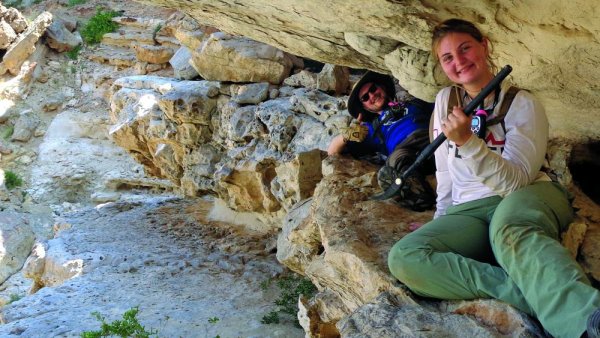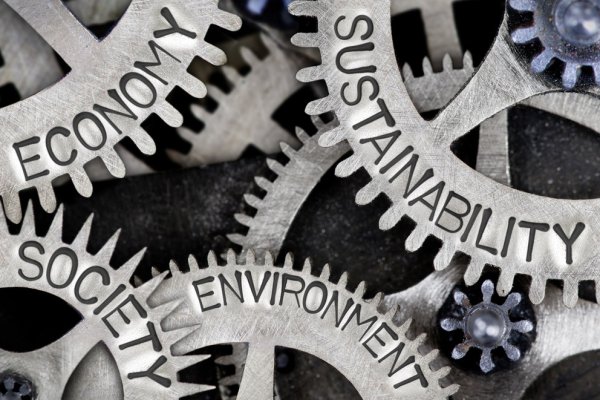Warming Midwest conditions may result in corn, soybean production moving north
| psu.edu
If warming continues unabated in the Midwest, in 50 years we can expect the best conditions for corn and soybean production to have shifted from Iowa and Illinois to Minnesota and the Dakotas, according to Penn State researchers.
Gene-editing protocol for whitefly pest opens door to control
| news.psu.edu
Whiteflies are among the most important agricultural pests in the world, yet they have been difficult to genetically manipulate and control, in part, because of their small size. An international team of researchers has overcome this roadblock by developing a CRISPR/Cas9 gene-editing protocol that could lead to novel control methods for this devastating pest.
Iron deficiency in corals?
| psu.edu
When iron is limited, the tiny algae that live within coral cells change how they take in other trace metals, which could have cascading effects on vital biological functions and perhaps exacerbate the effects of climate change on corals.
Libraries virtual exhibition highlights human impact on our planet
| psu.edu
To coincide with the 50th anniversary of the first Earth Day in April 1970, a new online exhibition, “Earth Archives: Stories of Human Impact,” explores the intersection of the environment, human activity, and the documentary record.
Two faculty members join the Institutes of Energy and the Environment
| psu.edu
Two researchers have become cofunded faculty members in the Institutes of Energy and the Environment: Hee Jeung Oh, an assistant professor in the College of Engineering, and Hilal Ezgi Toraman, an assistant professor in the College of Earth and Mineral Sciences with a joint appointment in the College of Engineering.
Indigenous knowledge could reveal ways to weather climate change on islands
| news.psu.edu
Some islands have such low elevation, that mere inches of sea-level rise will flood them, but higher, larger islands will also be affected by changes in climate and an understanding of ancient practices in times of climate change might help populations survive, according to researchers.
A forest and its history, threatened
| psu.edu
The recent wildfires in Australia have impacted ecologically sensitive regions, including an area called the Gondwana Rainforests of Australia World Heritage Site, a region that is a living museum of paleo-Antarctic plants that are found nowhere else on Earth.
Guertin recognized with 2020 President’s Award for academic integration
| psu.edu
Laura Guertin, professor of earth science at Penn State Brandywine, has been awarded the 2020 President’s Award for Excellence in Academic Integration.
Teaching excellence recognized in College of Agricultural Sciences
| psu.edu
Penn State's College of Agricultural Sciences has recognized nine faculty members for outstanding teaching in 2019.
Penn State researchers study how flooding has impacted Pennsylvania
| collegian.psu.edu
Two Penn State researchers are studying the area where lower rates of home ownership and the potential effects of climate change intersect. For Katherine Zipp and Lara Fowler, the intersection
Digging into the past
| psu.edu
Penn State assistant professor Sarah Ivory uses special fossils to study how climate changed in the deep past in some of the driest places on Earth, and how plants, animals and humans responded.
The economy as complement, not detriment, to environment
| news.psu.edu
Jennifer Baka works to identify methods to foster synergies between environmental regulation and economic development. Her research not only solicits information from community members, but it informs and empowers people with data so they can be part of the conversation.


